公司新聞
瀝青路面就地冷再生工藝是20世紀80年代后期在路面銑刨工藝的基礎上發展起來的一種新技術,目前已成為國際上道路維修改造的主要方法之一。這種技術包括四個主要工序:1、準備舊路面的再生材料,包括破碎和翻修舊路;2、加入穩定劑和水并加以拌合;3、成型和壓實;4、在再生形成的路面基層上加鋪磨耗層或路面面層。
The in-situ cold recycling process of asphalt pavement is a new technology developed in the late 1980s based on the pavement milling process, and has now become one of the main methods for road maintenance and renovation internationally. This technology includes four main processes: 1. Preparing recycled materials for old road surfaces, including crushing and renovating old roads; 2. Add stabilizer and water and mix them together; 3. Forming and compaction; 4. Add a wear layer or pavement surface layer on the regenerated pavement base.
為了加強補強作用,有時還要加鋪粘結層和部分路面結構層。就地冷再生工藝主要用于路面結構層(基層)的翻修,適用于各種類型的道路。
In order to strengthen the reinforcement effect, it is sometimes necessary to add a bonding layer and some pavement structural layers. The in-situ cold recycling process is mainly used for the renovation of pavement structural layers (base layers) and is suitable for various types of roads.
與傳統的施工方法相比,就地冷再生具有諸多的優點 :
Compared with traditional construction methods, on-site cold recycling has many advantages:
① 工序簡單。由于原有舊路面的材料全部被就地利用,省略了挖掘、外運、廠內加工及回填等一系列工作,使得施工工序簡化。
① The process is simple. Due to all the materials of the original old road surface being utilized on-site, a series of work such as excavation, transportation, factory processing, and backfilling have been omitted, simplifying the construction process.
② 可以不中斷交通。由于就地冷再生工序簡單,投入現場的施工設施很少,對交通干擾反應不敏感,故此在交通量不太大的情況下,可以半幅通車,半幅施工。
② Traffic can be uninterrupted. Due to the simple on-site cold recycling process and limited construction facilities, it is not sensitive to traffic interference. Therefore, in situations where traffic volume is not too high, it is possible to have half width traffic and half width construction.
③ 不損壞路基。與采用傳統施工機械修復道路相比,冷再生施工很少損壞路基。因為維特根冷再生機的高附著力輪胎在暴露的路基上只通過一次。而采用傳統的機械施工時,路基將承受頻繁的高應力載荷,往往導致“局部隆起”現象,必要時需要采用挖掘機和回填作業進行處理。
③ Do not damage the roadbed. Compared with using traditional construction machinery to repair roads, cold recycling construction rarely damages the roadbed. Because the high adhesion tires of the Wittgen cold recycling machine only pass through once on exposed roadbeds. When traditional mechanical construction is used, the roadbed will be subjected to frequent high stress loads, often resulting in "local uplift" phenomenon. If necessary, excavators and backfilling operations need to be used for treatment.
④ 提高道路等級。由于該方法強化了基礎的承載能力,從根本上保證了道路等級的提高,這一優點對于低等級道路的改造尤為重要。
④ Raise the road grade. Due to the strengthened carrying capacity of the foundation, this method fundamentally ensures the improvement of road grades, which is particularly important for the renovation of low-grade roads.
⑤ 成本較低。與傳統的施工方法相比,由于舊的道路材料得以全部利用,隨著再生層厚度的不同,大致可以降低成本10%~20%。厚度越深,降低成本越多,這也是被實踐所證實的。
⑤ Low cost. Compared with traditional construction methods, due to the full utilization of old road materials, the cost can be reduced by approximately 10% to 20% depending on the thickness of the recycled layer. The deeper the thickness, the greater the cost reduction, which has also been proven by practice.
⑥ 生產效率高。就地冷再生是在自然條件下進行的,除了個別嚴重的坑槽需要簡單的預處理外,其余路面均不需要任何處理。再加之一次性通過的施工特點,充分地利用了作業時間,因此大大地提高了生產效率,經過我們的實地測定,一臺維特根再生機,在組織合理的情況下,每天可以再生路面5000m2以上。
⑥ High production efficiency. On site cold regeneration is carried out under natural conditions, and except for a few severe potholes that require simple pre-treatment, the rest of the road surface does not require any treatment. In addition, the one-time pass construction feature fully utilizes the working time, thus greatly improving production efficiency. After our on-site testing, a Wirtgen recycling machine, with reasonable organization, can regenerate more than 5000m2 of road surface per day.
⑦ 保護環境和資源。因為舊料得以全部就地利用,減少了新材料的開采,也不存在舊料運輸和廢料隨意棄放的問題,施工過程沒有粉塵和廢氣的污染,節約了資源,保護了環境,因此被人們稱之為綠色施工技術。就地冷再生技術施工工藝:瀝青路面就地冷再生,并不是人們通常所理解的將已經破損的瀝青路面重新恢復到完好的原始狀態,而是將舊面層和部分基層就地改建成新的基層(或底基層)。嚴格地講,此工藝應該稱之為舊瀝青路面材料的就地再利用。
⑦ Protecting the environment and resources. Because all old materials can be utilized on-site, reducing the mining of new materials, and there is no problem of transporting old materials or disposing of waste materials at will, the construction process is free from dust and exhaust pollution, saving resources and protecting the environment. Therefore, it is called green construction technology by people. On site cold recycling technology construction process: On site cold recycling of asphalt pavement is not the usual understanding of restoring the damaged asphalt pavement to its original state, but rather rebuilding the old surface layer and some base layers into new base layers (or sub base layers) on site. Strictly speaking, this process should be referred to as the in-situ reuse of old asphalt pavement materials.
道路就地冷再生技術的工作原理,是在原有舊路鋪層的基礎上,按照新的設計要求,摻入適量的骨料、水泥、石灰、粉煤灰、乳化瀝青、泡沫瀝青和水等外加材料,利用就地冷再生設備,在自然常溫下,就地連續完成對舊鋪層(路面和部分基層)的銑刨、破碎、添加料、拌和、攤鋪等工序,隨后進行找平和碾壓,最終修建出一種特殊級配的道路基層(或底基層)。
The working principle of the cold in place recycling technology of roads is that on the basis of the original old pavement layer, according to the new design requirements, appropriate amount of aggregate, cement, lime, fly ash, emulsified asphalt, foam asphalt, water and other external materials are added, and the cold in place recycling equipment is used to continuously complete the milling, crushing, adding materials, mixing, paving and other processes of the old pavement layer (pavement and part of the base) at natural ambient temperature, followed by leveling and rolling, and finally build a special graded road base (or subbase).
道路就地冷再生技術的主要機具為集破碎與拌和為一體的冷再生機,冷再生機的核心是裝有大量專用刀頭的銑刨和拌和轉子。轉子向上旋轉銑刨原路面材料,冷再生機向前行進時,轉子轉動,同時水通過軟管從再生機連接的水車中運送過來,并在再生機的拌和倉中噴灑。水的輸送量通過微處理器控制的泵送系統精確控制。銑刨轉子將水與銑刨料充分拌和,并達到需要的最佳含水量,從而達到混合料的最大壓實度。液體穩定劑,例如熱瀝青(冷再生機自帶泡沫瀝青發泡裝置,可將熱瀝青加熱到160~180℃與少量水混合發泡)可通過專門設計的噴灑嘴將泡沫瀝青噴灑到拌和腔;粉狀穩定劑,如水泥,需按設計添加量事先灑布在再生機前的路面上,再生機將粉狀穩定劑與再生料和水一次性拌和。如遇再生層原級配不良的情況,可在再生前將所缺少的部分集料灑布在路面上,通過與舊料拌和來改善原路面材料的級配。
The main equipment for on-site cold recycling technology on roads is a cold recycling machine that integrates crushing and mixing. The core of the cold recycling machine is a milling and mixing rotor equipped with a large number of specialized cutting heads. The rotor rotates upwards to mill the raw road surface material, and when the cold recycling machine moves forward, the rotor rotates. At the same time, water is transported from the water truck connected to the recycling machine through a hose and sprayed in the mixing bin of the recycling machine. The water delivery volume is precisely controlled by a microprocessor controlled pumping system. The milling rotor thoroughly mixes water with the milling material to achieve the desired optimal moisture content, thereby achieving the maximum compaction degree of the mixture. Liquid stabilizers, such as hot asphalt (the cold recycling machine has its own foam asphalt foaming device, which can heat the hot asphalt to 160~180 ℃ and mix it with a small amount of water for foaming), can spray foam asphalt to the mixing chamber through specially designed spray nozzles; Powdered stabilizers, such as cement, need to be sprayed on the road surface in front of the recycling machine according to the designed addition amount. The recycling machine mixes the powdered stabilizer with the recycled material and water at once. In case of poor grading of the recycled layer, the missing aggregate can be sprinkled on the road surface before regeneration, and the grading of the original road material can be improved by mixing it with the old material.
本文由 冷再生機租賃 友情奉獻.更多有關的知識請點擊 http://www.bvzokj.cn/ 真誠的態度.為您提供為全面的服務.更多有關的知識我們將會陸續向大家奉獻.敬請期待.
This article is a friendly contribution from Cold Recycling Machine Rental For more related knowledge, please click http://www.bvzokj.cn/ Sincere attitude To provide you with comprehensive services We will gradually contribute more relevant knowledge to everyone Coming soon.



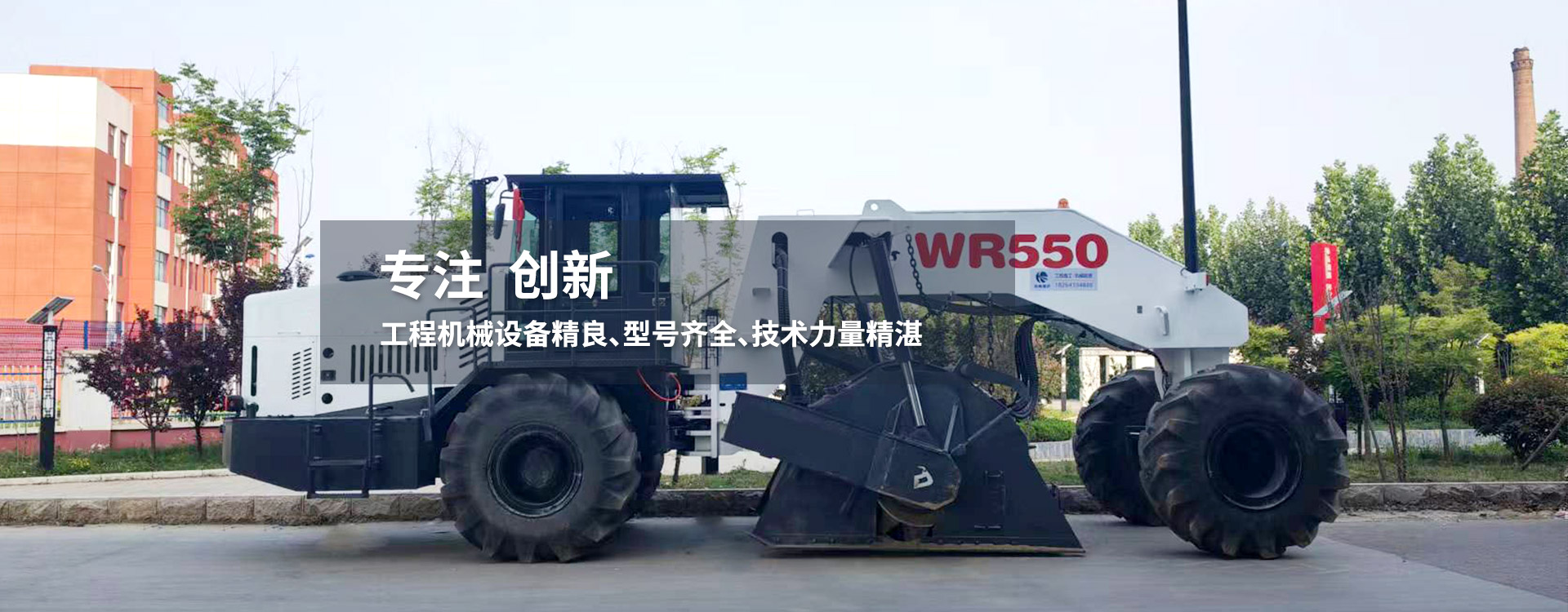
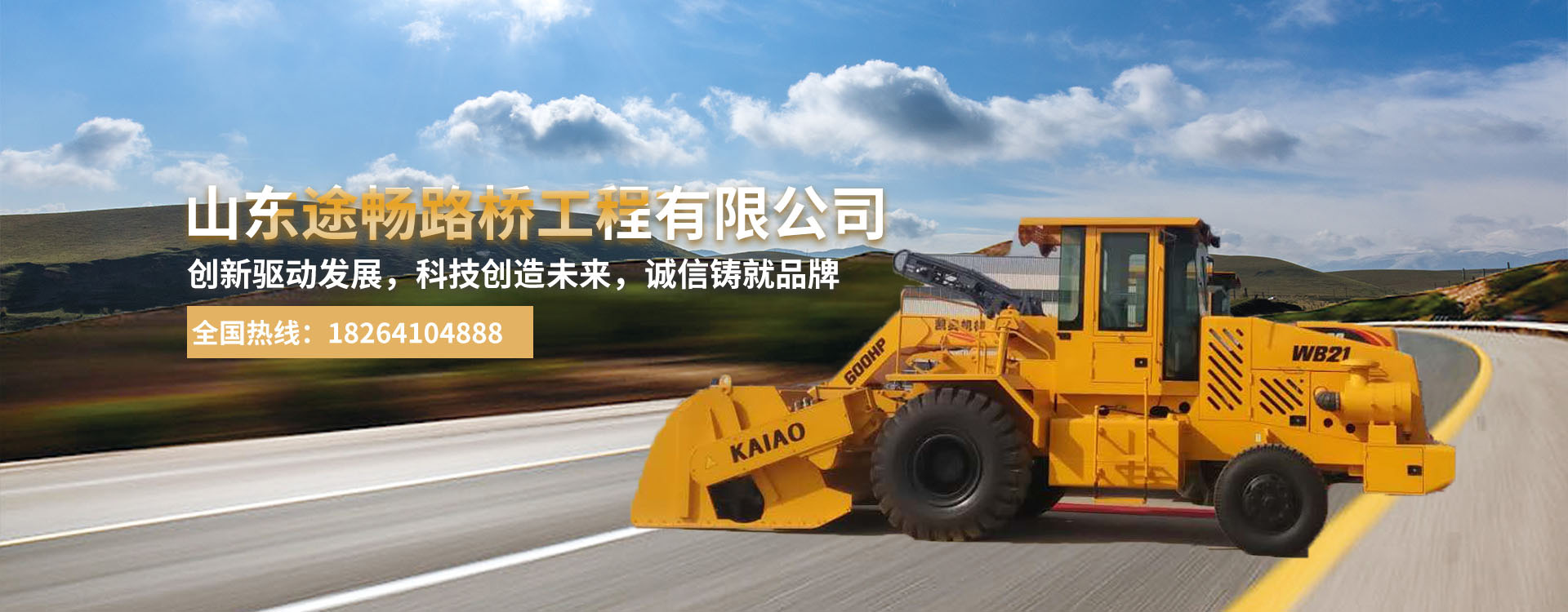



















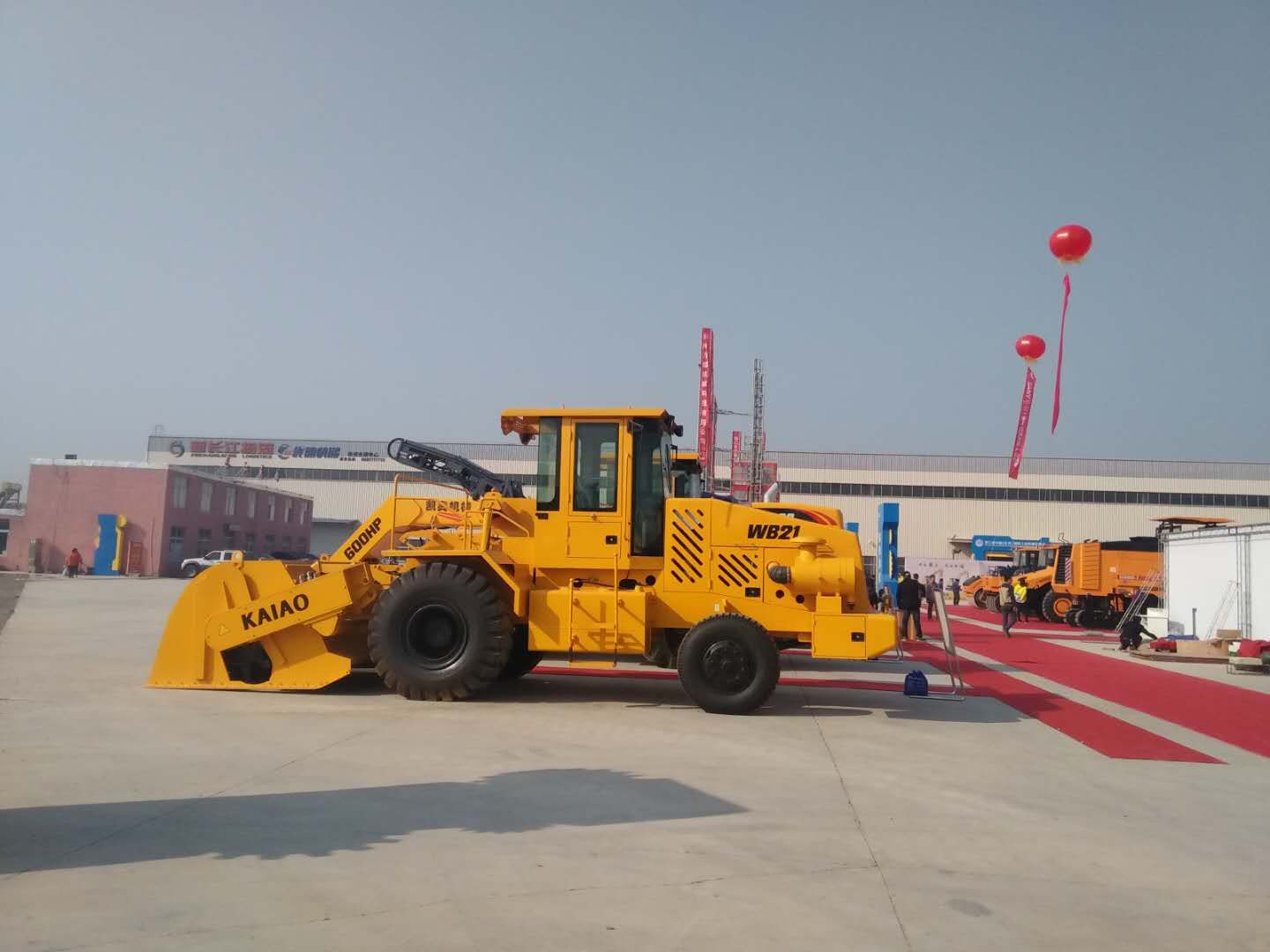

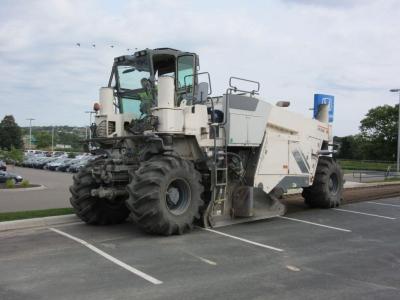
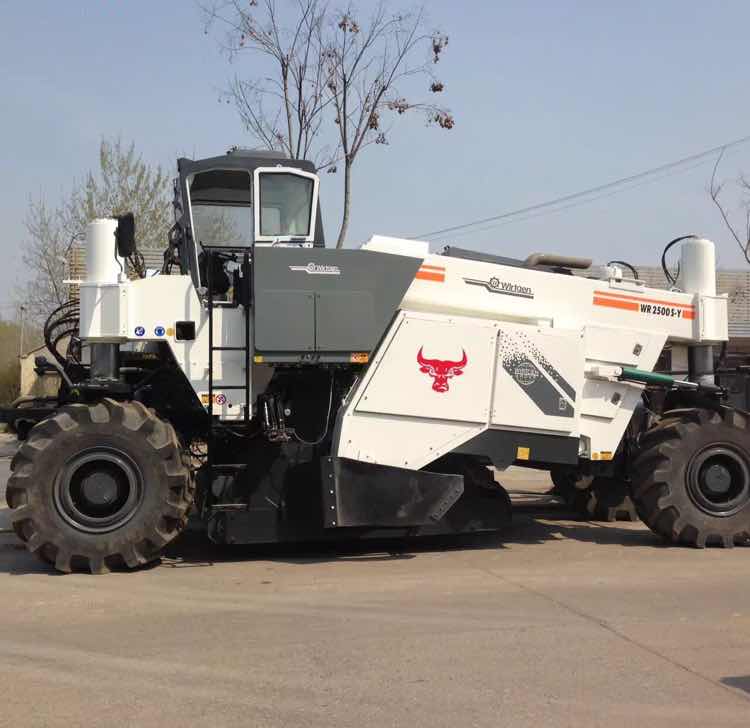

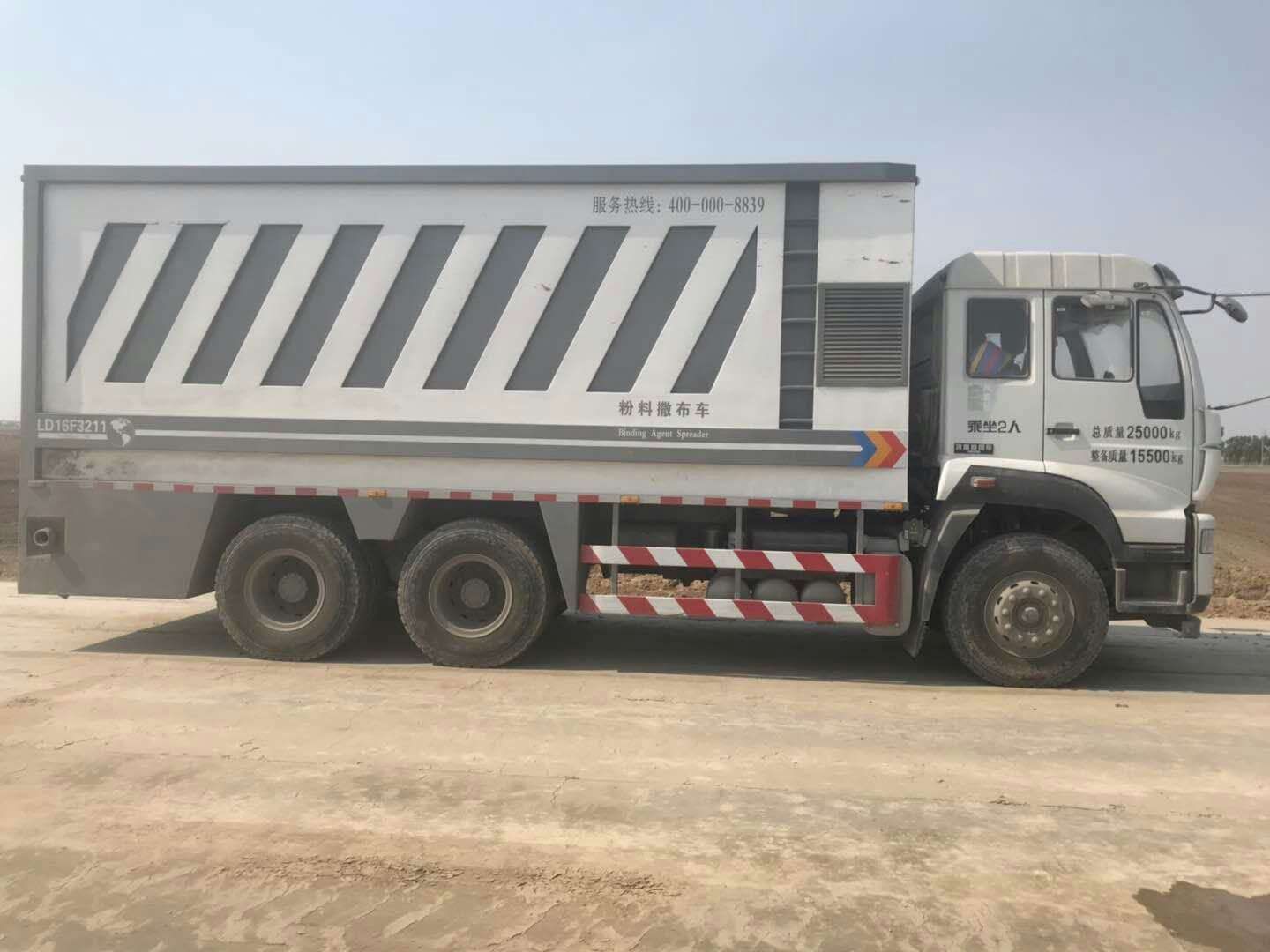

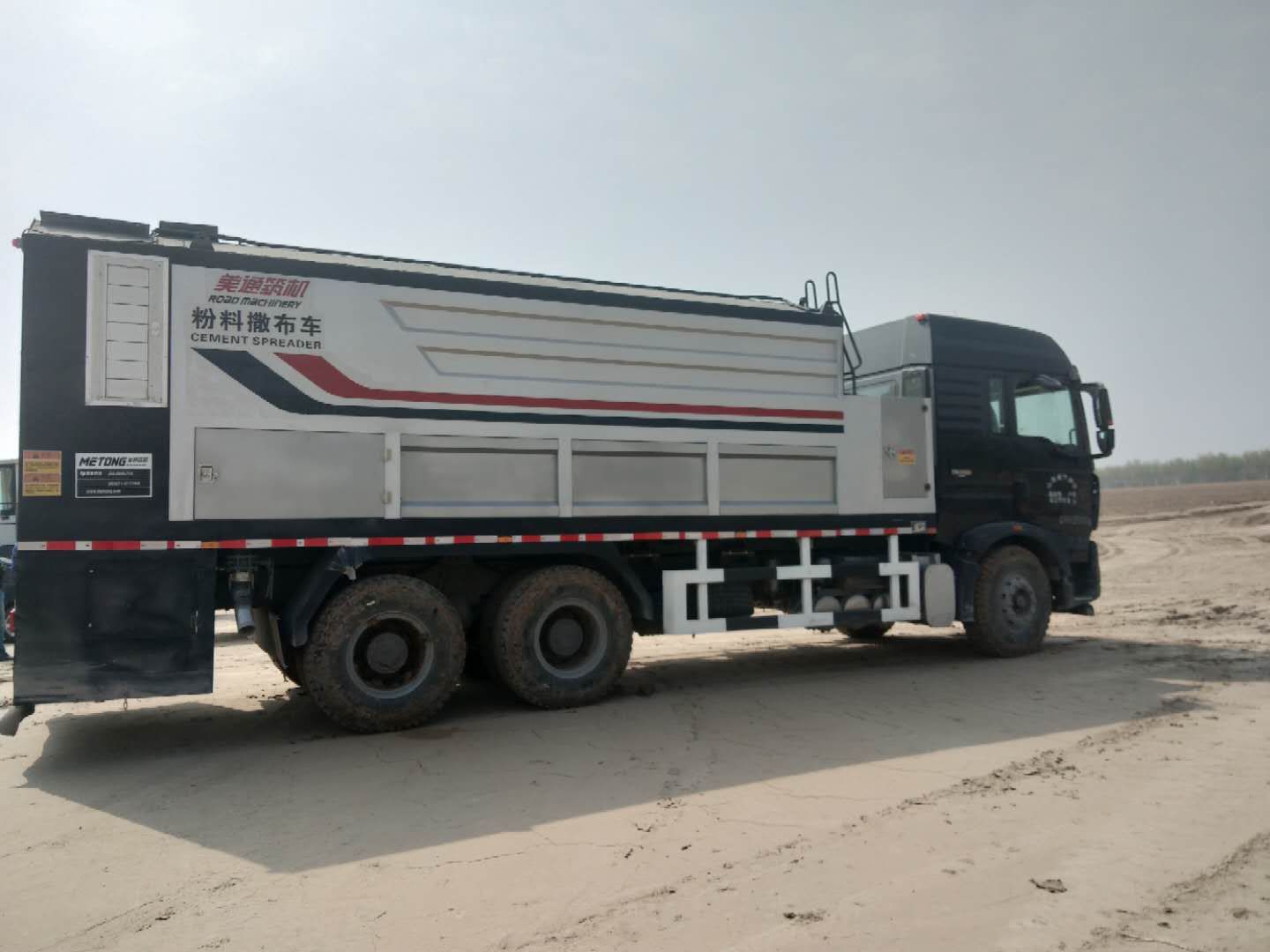






 公司地址:濟南市槐蔭區經一路273號群盛華城2號樓1-404
公司地址:濟南市槐蔭區經一路273號群盛華城2號樓1-404 公司名稱:山東途暢路橋工程有限公司
公司名稱:山東途暢路橋工程有限公司  備案號:
備案號: